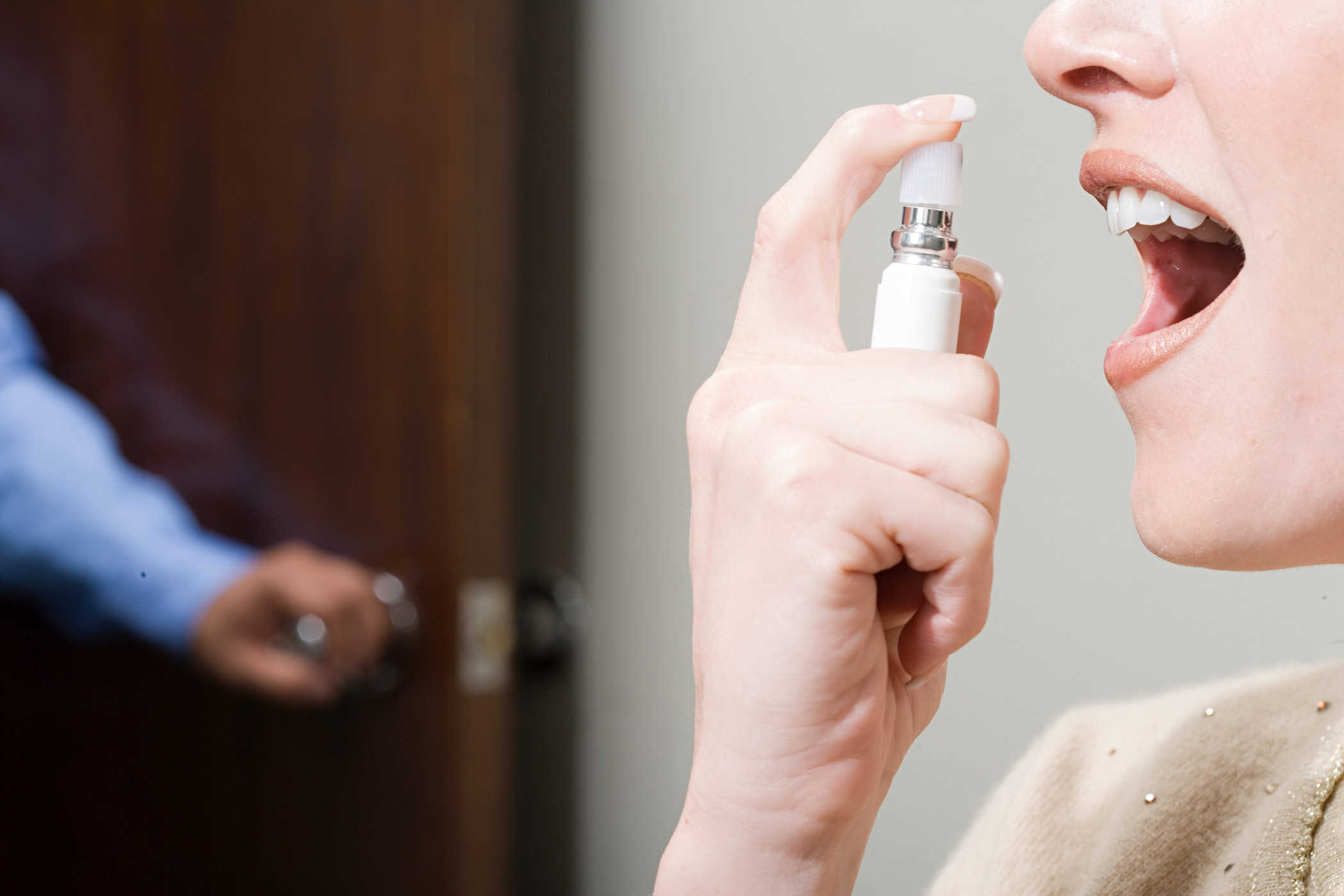Dopamine is the most notorious celebrity of Brainsville. It is the Paris Hilton of the neurotransmitters.
Normally, when we see tasty food, our brain’s reward pathways are triggered and dopamine is released, which motivates us to find food; and this surge of the reward chemical dopamine is found to hit the decision-making area of the brain rendering us incapable of controlling our cravings (just found out- am apparently dangerously close to spiralling into a life of frosted-sponge aka cupcake addiction).
Although infamous for the above, neurotransmitters also trigger a number of positive effects in the body responsible for our happiness.
Nevertheless, a new report suggests that people who don’t have diabetes may someday take insulin if the findings from a small new study hold.
A paper appearing in the the journal Nature Communications details how insulin impacts behavior, specially weakening the reaction of dopamine, thereby enabling one to suppress one’s appetite.
It’s still early days, but in this study, “we show that insulin is not only involved in metabolic eating, it is also important for regulating hedonic eating,” explains author Stefanie Brassen, a neuroscientist at the University Medical Center Hamburg-Eppendorf. In other words, it doesn’t just help regulate your body’s endless need for energy. It
might also have some sway in the drive most of us have to eat for pleasure.The team studied 48 volunteers: 28 with normal insulin sensitivity, and 20 whose cells fail to respond to insulin effectively, a condition known as insulin resistance.
The scientists had each participant rate a series of food and non-food items while in an fMRI machine. They ran the test twice, roughly a week apart.
Each time, the volunteers were made to inhale eight puffs of either insulin or a placebo per nostril after fasting overnight to prime themselves for the sight of scrumptious food. About an hour or a half later, when the insulin reached their brains, the volunteers were made to rate various foods and non-foods on a four-point scale of likability.
Brain scans simultaneously captured the actual brain activity by watching blood flow. The neuroscientists observed that individuals with normal insulin sensitivity liked pictures of food five percent less after inhaling insulin compared to the placebo. In fact, for some individuals, interest dropped by as much 27 percent.
As the insulin receptors dotted along the brain’s reward pathway get filled up with insulin molecules, dopamine has a harder time getting cells to pick it up and pass it along. The shout becomes a whisper.
For the reason that a normal insulin injection wouldn’t work, researchers in the study are looking at nasal sprays.
By using a nasal spray, the researchers were able to bypass all these problems and send the insulin directly to the central nervous system through the olfactory nerve.
And this isn’t actually the first time scientists have fiddled around with insulin sprays. An ongoing clinical study is looking at whether such sprays could help Alzheimer’s patients.
So perhaps one day we’ll have insulin sprays that curb our unhealthy cravings to help us stay healthy—and keep us safe from memory loss as we age.






























